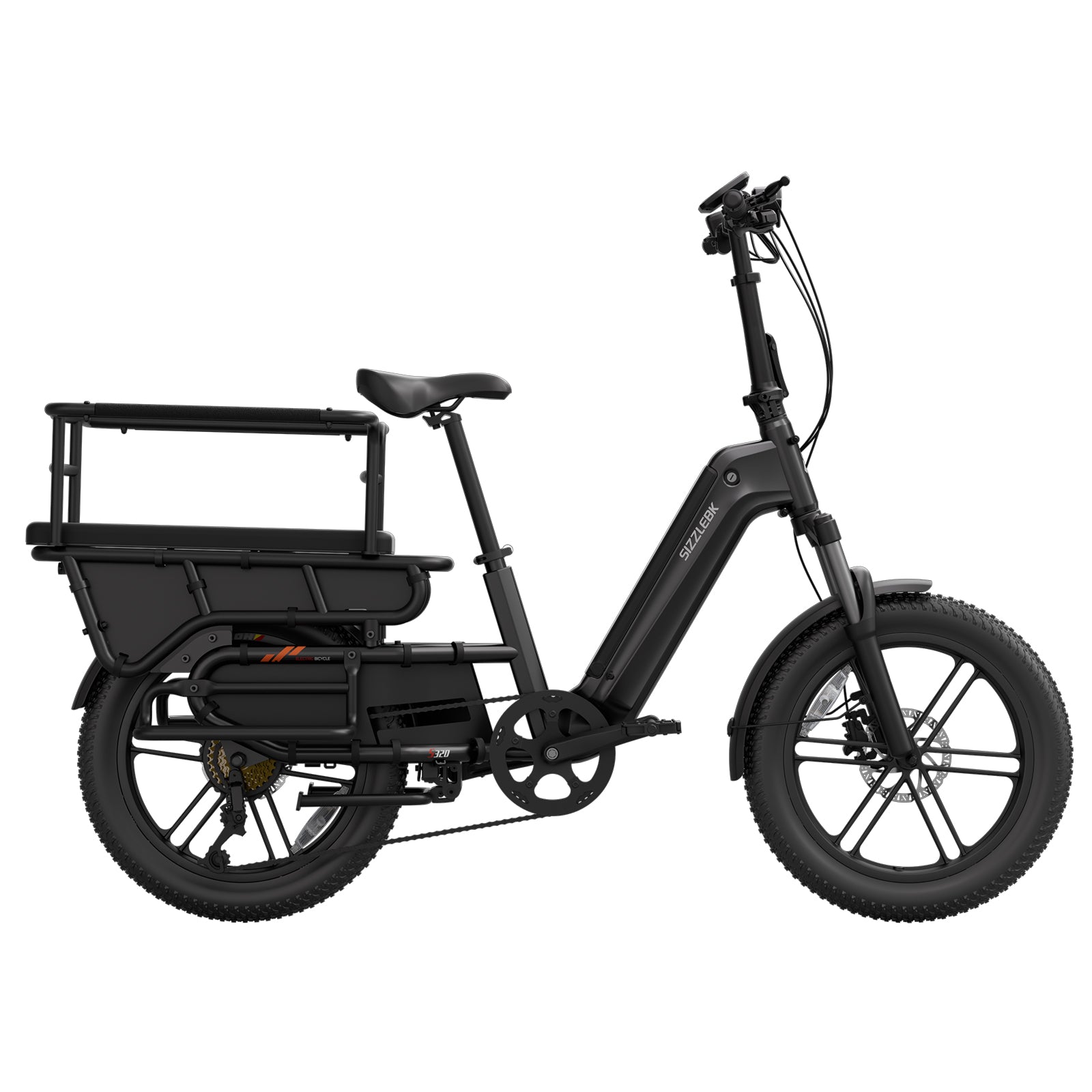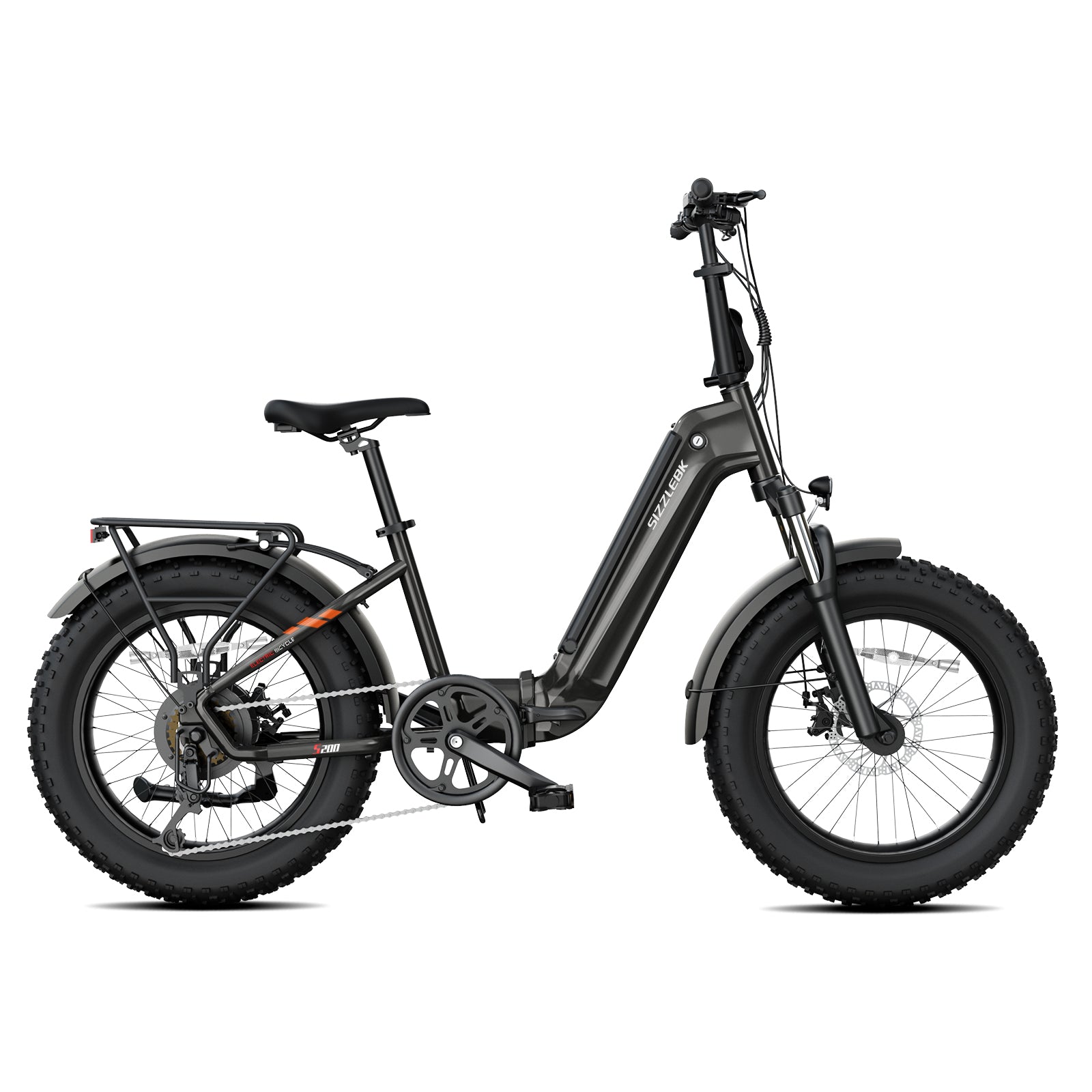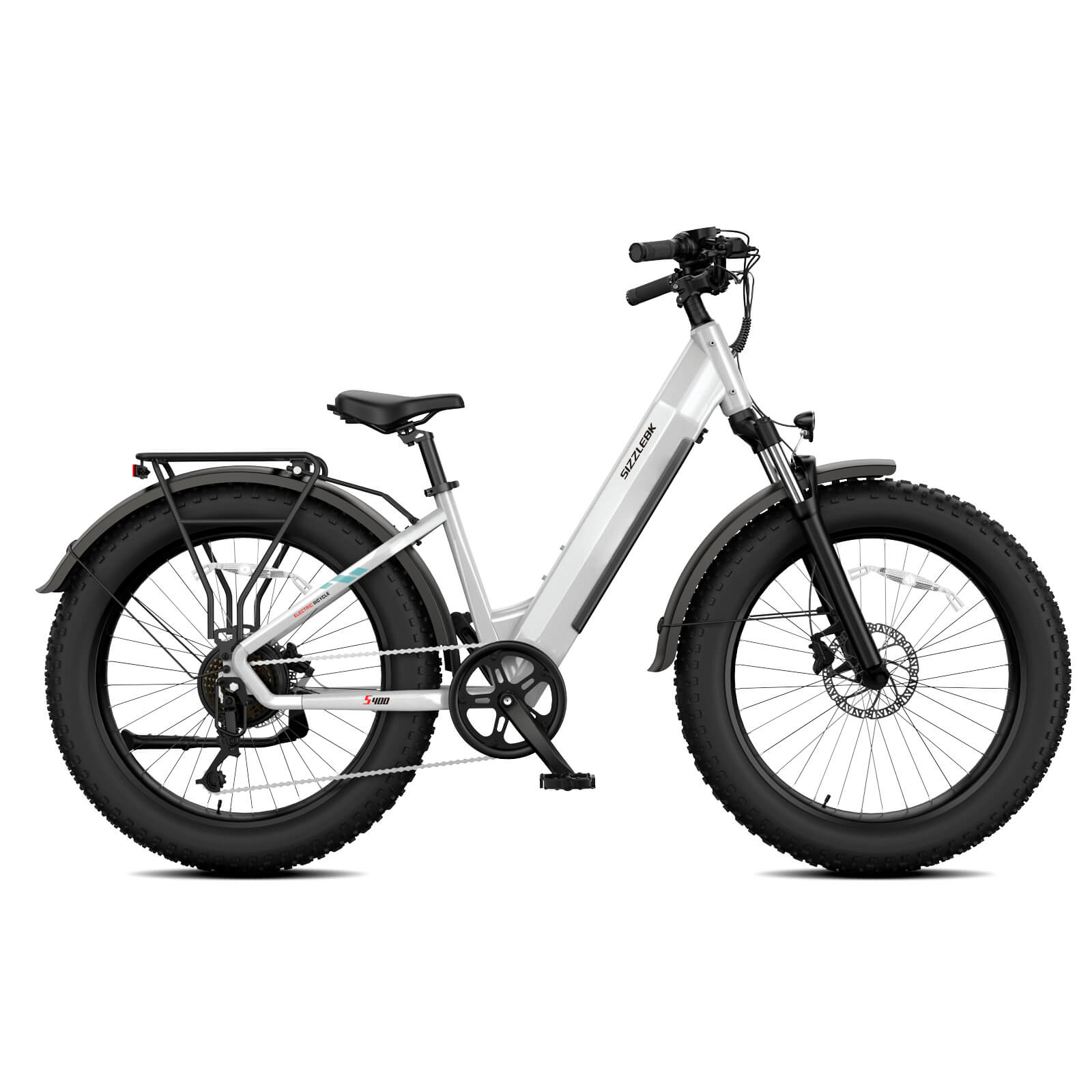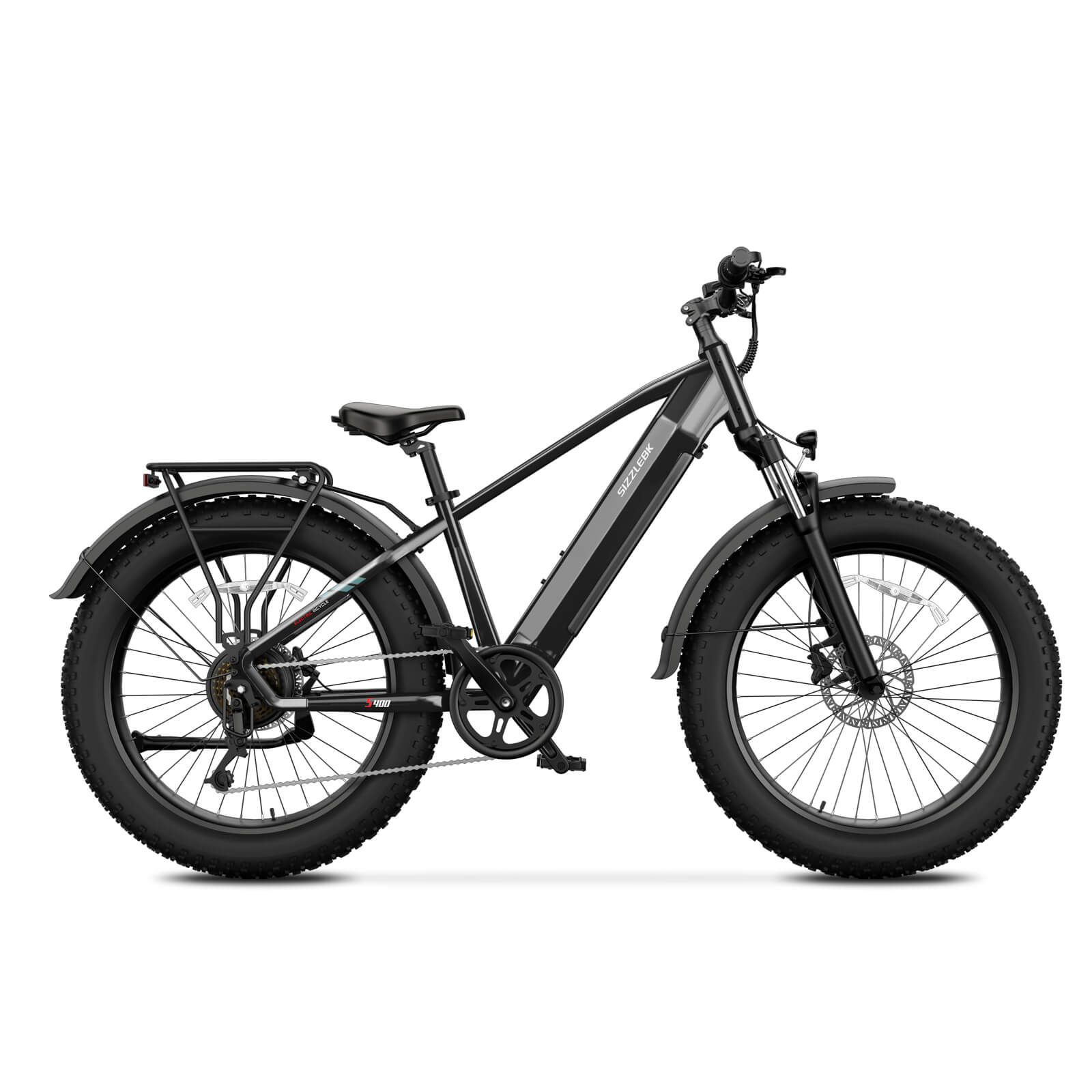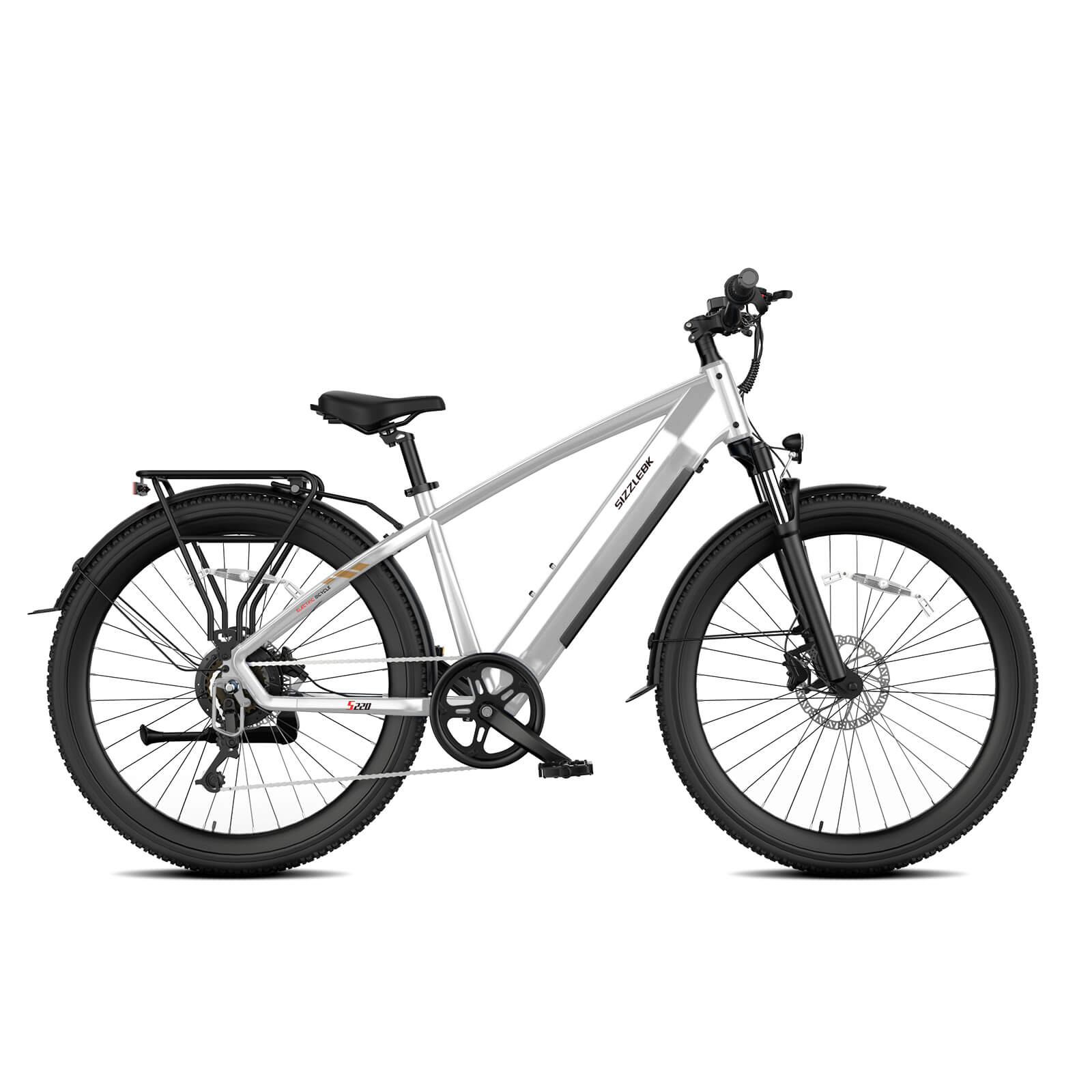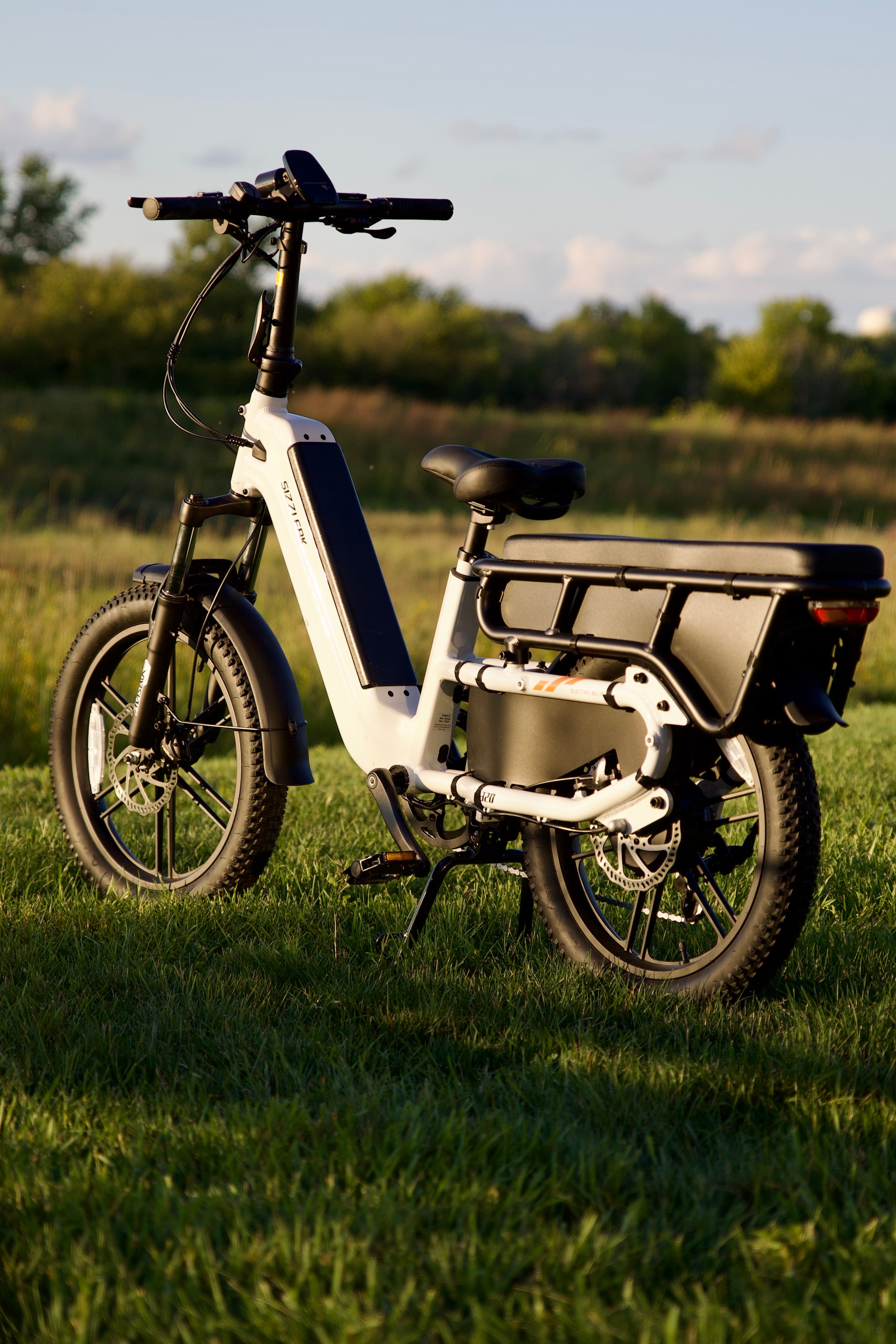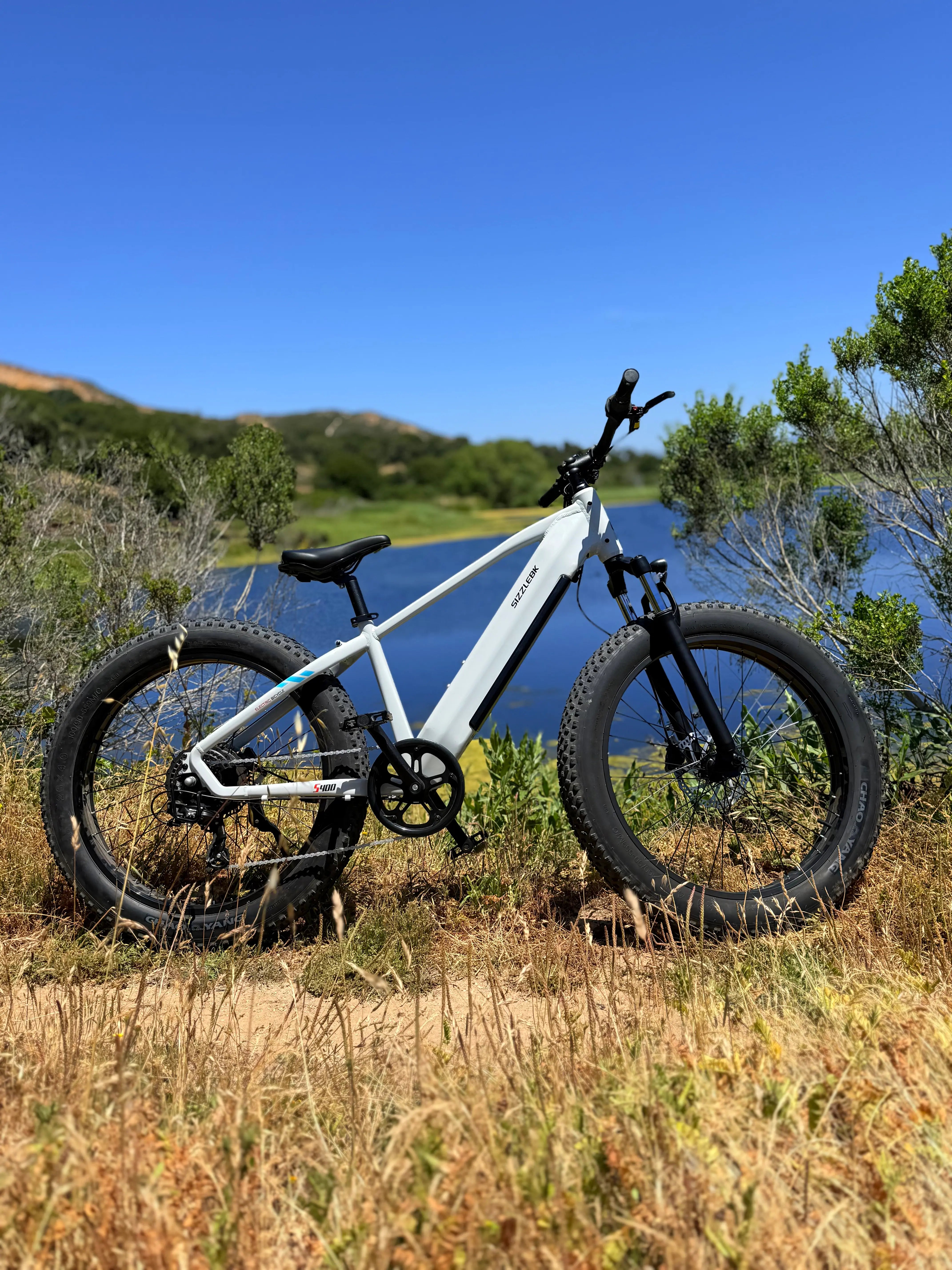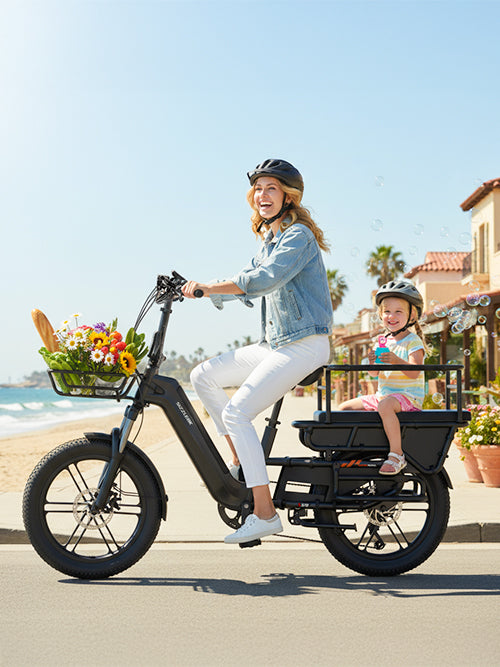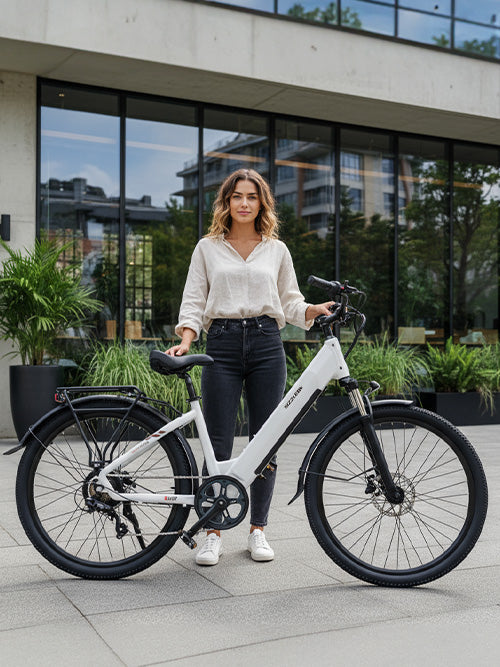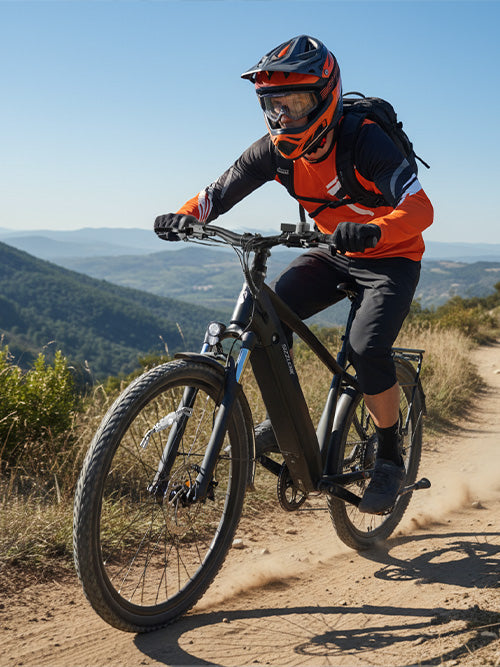In recent years, the surge of interest in eco-friendly transportation alternatives has brought the cargo eBike into the spotlight. The increasing urbanization and the need for sustainable living have made cargo eBikes a favored choice among city dwellers, families, and environmental enthusiasts alike. But what exactly is a cargo eBike, and why are so many people turning to this innovative mode of transport? Let's delve into the world of electric cargo bikes and discover what makes them a compelling choice for many.
What is a Cargo eBike?
A cargo eBike, also known as an electric cargo bike, is a bicycle designed with extra space and power to carry heavy loads. Unlike a regular bicycle, a cargo eBike comes equipped with an electric motor to assist riders, making it easier to transport goods, children, or anything else you might need to carry. This blend of traditional cycling with electric power provides a practical and sustainable transport solution.
Key Features of Cargo eBikes
Cargo eBikes are built to handle more weight and volume than a standard bike. They typically feature:
-
Extended Frames: To accommodate extra cargo, these bikes often have elongated frames. This design helps maintain balance and stability even when the bike is fully loaded. Extended frames also provide space for extra accessories like child seats or panniers.
-
Robust Wheels: The wheels are larger and stronger, designed to endure various terrains while providing stability under heavy loads. High-quality tires ensure durability and grip.
-
Powerful Motors: Electric assistance makes carrying heavy cargo or climbing hills much easier. Motors come in different power outputs, ensuring flexibility for different users.
-
Cargo Containers: Baskets, racks, panniers, or weatherproof boxes allow secure and customizable storage solutions.
-
Advanced Braking Systems: With heavier loads, disc brakes and other advanced systems ensure safe and reliable stopping power.
Technology Integration
Modern cargo eBikes are increasingly integrating smart technology to enhance user experience. Features include:
-
Digital displays showing speed, distance, and battery life
-
GPS tracking for navigation and security
-
Smartphone connectivity for route planning and performance tracking
-
Real-time updates for delivery and commuting convenience
This makes cargo eBikes not just a mode of transport, but a connected mobility solution.
Customization Potential
One of the major advantages of cargo eBikes is their customization flexibility:
-
For families: child seats, rain covers, safety belts
-
For businesses: branding options, delivery boxes, insulated storage
-
For lifestyle: custom paint jobs, panniers, racks for sports gear
This ensures each cargo eBike can be tailored to individual or professional needs.
Benefits of Cargo eBikes
Cargo eBikes offer numerous advantages:
-
Environmentally Friendly: Zero emissions, reduced carbon footprint, and lower noise pollution.
-
Energy Efficiency: Far more efficient than cars or motorcycles.
-
Cost Savings: Lower maintenance, no fuel expenses, and potential government incentives.
-
Versatility: Perfect for families, commuters, or businesses.
-
Convenience in Cities: Agile navigation through traffic and narrow streets.
Types of Cargo eBikes
Cargo eBikes come in different styles to meet various needs:
-
Longtail Cargo eBikes
-
Extended rear for more passengers or bags
-
Family-friendly, stable, and high capacity
-
-
Front-Loader / Box Bikes (Bakfiets)
-
Large front box for children or bulky items
-
Great stability and safety with children on board
-
-
Compact Cargo eBikes
-
Space-saving, often foldable
-
Ideal for apartments, small offices, or urban commuters
-
-
Specialty Cargo eBikes
-
Tailored for food delivery, postal services, or off-road needs
-
May include insulated boxes, stronger frames, or enhanced suspension
-
Factors to Consider When Choosing a Cargo eBike
-
Cargo Capacity: How much weight and volume you need to transport
-
Battery Range: Choose a model that matches your commuting distance
-
Motor Power: Consider terrain and load requirements
-
Budget: Balance initial investment with long-term savings
-
Safety: Helmets, reflective gear, and load distribution are crucial
Safety Tips for Riding a Cargo eBike
-
Always wear a helmet
-
Obey traffic rules and local eBike regulations
-
Use front/rear lights and reflectors for visibility
-
Practice riding when loaded to master balance and control
-
Regularly maintain brakes, tires, and battery
-
Load cargo evenly to avoid tipping
The Future of Cargo eBikes
As urban congestion and environmental concerns continue to rise, cargo eBikes are becoming more important in modern transportation systems.
-
City Infrastructure: More bike lanes and parking spots are being built
-
Technological Advancements: Longer battery life, smarter displays, and stronger motors
-
Government Policies: Tax incentives and subsidies to promote sustainable mobility
-
Integration with Public Transport: Cargo eBikes as part of last-mile solutions
Cargo eBikes represent a sustainable, versatile, and forward-thinking choice for both personal and professional transportation.
Conclusion
Cargo eBikes offer a unique blend of practicality, efficiency, and environmental responsibility. Whether you’re a family transporting kids, a commuter hauling groceries, or a business delivering goods, electric cargo bikes provide a future-ready solution.
By embracing cargo eBikes, you’re not just choosing convenience—you’re supporting cleaner cities, sustainable transport, and a healthier lifestyle.
FAQs About Cargo eBikes
1. How much weight can a cargo eBike carry?
Most cargo eBikes can handle between 150–250 kg (330–550 lbs), depending on the model. Always check the manufacturer’s specifications.
2. How far can a cargo eBike go on a single charge?
Range varies by battery size, load, and terrain. On average, cargo eBikes can travel 20–60 miles (30–95 km) per charge.
3. Are cargo eBikes safe for carrying children?
Yes. Many models are designed with child seats, safety harnesses, and protective covers to ensure a secure ride.
4. Do I need a license to ride a cargo eBike?
In most regions, cargo eBikes that meet speed and motor limits are treated like regular bicycles, so no license or registration is required. Always check local regulations.
5. Are cargo eBikes worth the investment?
Yes. While the initial cost may be higher than a regular bike, the long-term savings on fuel, parking, and maintenance, plus environmental benefits, make them a smart investment.
